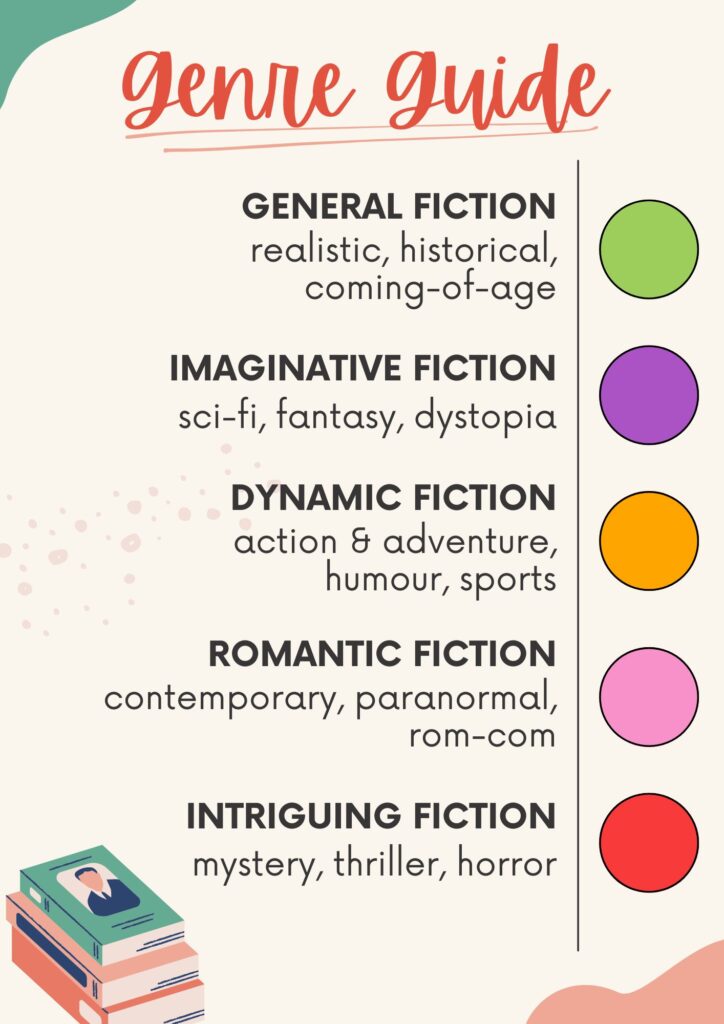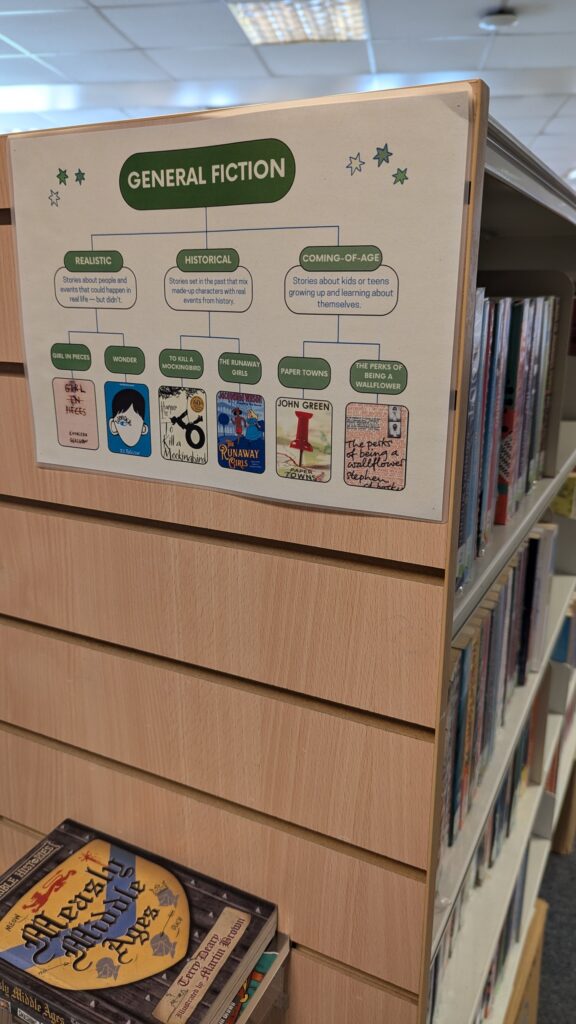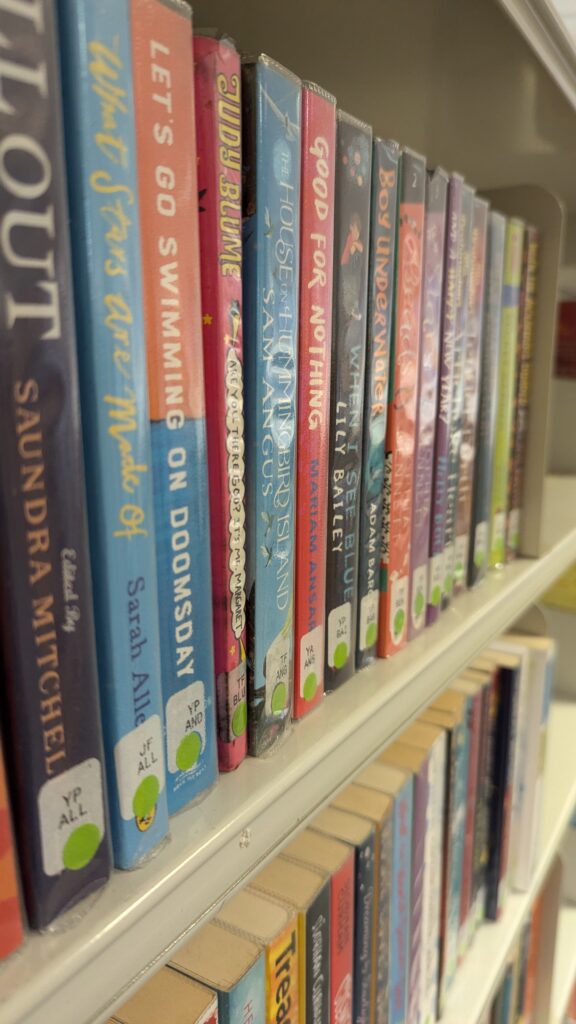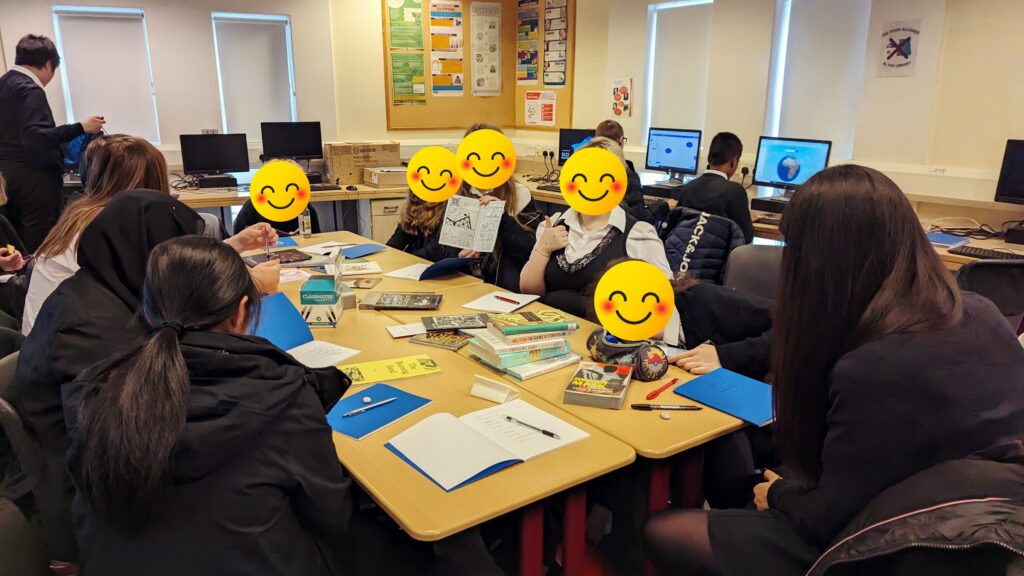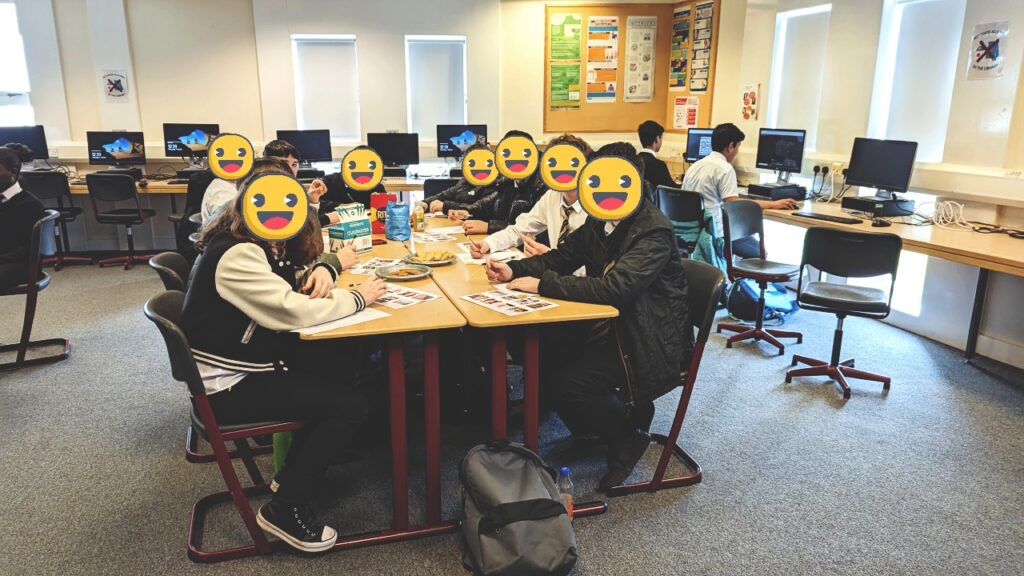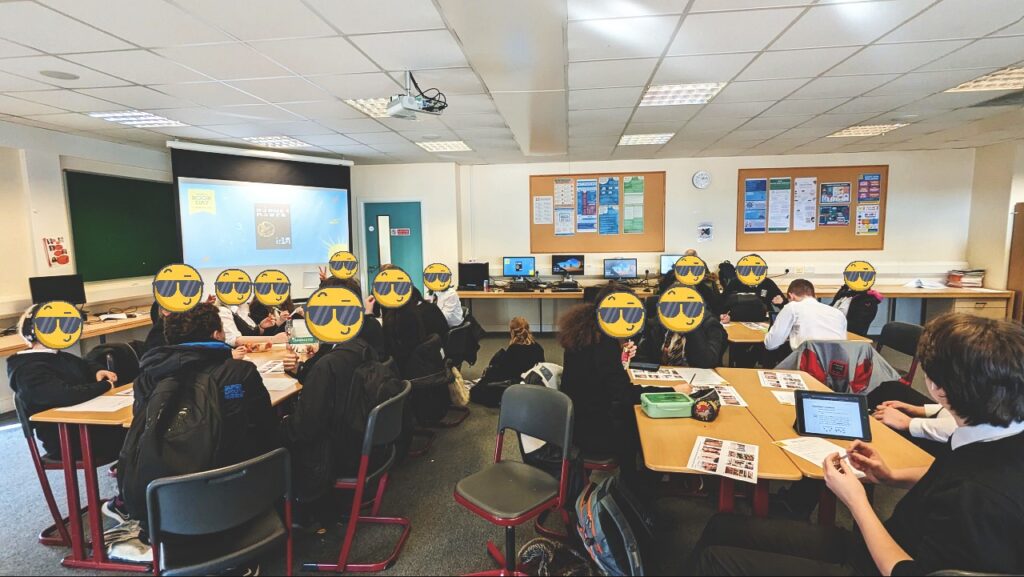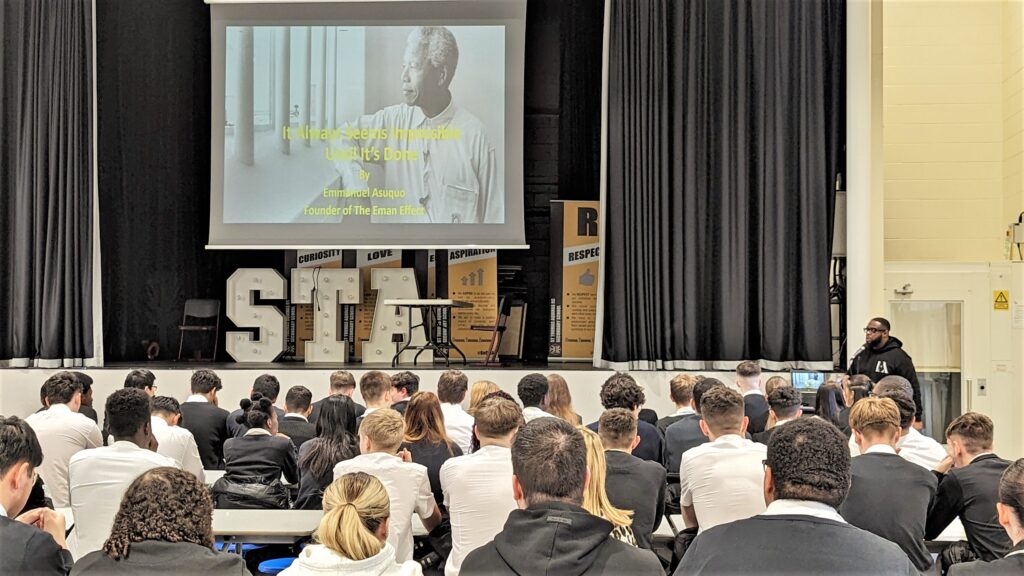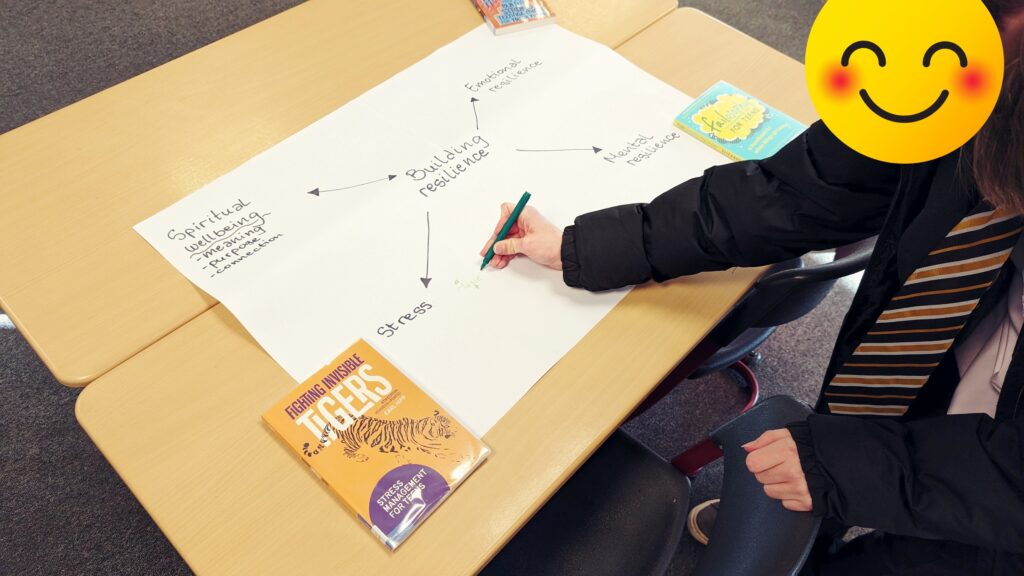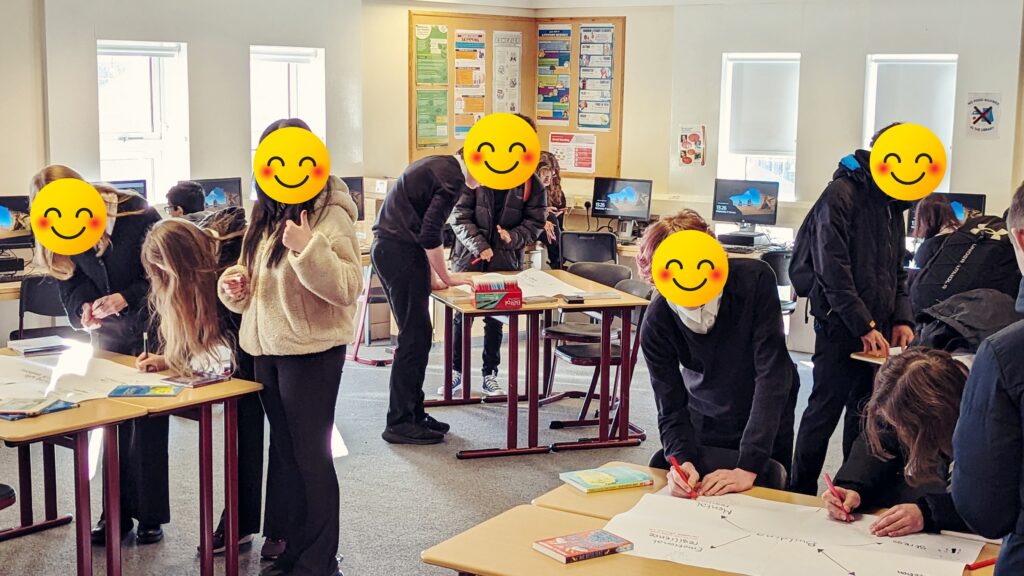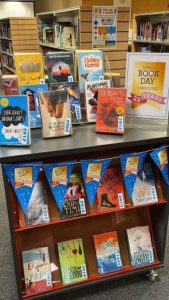November is a month of immense significance, where we come together to celebrate Empathy Action Month and Islamophobia Awareness Month. These initiatives promote empathy, understanding, and tolerance towards people of all backgrounds, specifically focused on dispelling myths and educating ourselves about Islamophobia. This year, the theme for the Islamophobia Awareness campaign is #MuslimStories, emphasising the power of storytelling and reading to cultivate empathy and open-mindedness.
Stories hold tremendous potential to bridge gaps and foster empathy. They transcend boundaries, allowing us to explore the lives of others and challenge our preconceptions. By delving into #MuslimStories, we gain insights into the diverse experiences and perspectives within the Muslim community, breaking down stereotypes and fostering understanding.

In our school library, we are proud to support this cause by curating a collection of books that highlight Muslim experiences. These titles provide a platform for authentic voices, showcasing the beauty, resilience, and struggles of individuals from different backgrounds, helping us better understand their stories. As we immerse ourselves in these narratives, we begin to see beyond the headlines, beyond the biases, and into the rich tapestry of human experiences.
Reading these stories not only raises awareness about Islamophobia but also cultivates empathy within us. Empathy is the ability to understand and share the feelings of others – a skill that can be honed through reading. By temporarily stepping into someone else’s shoes, we develop a more open-minded and tolerant perspective towards people who may seem different from us. As our empathy grows, misconceptions fade, and prejudice diminishes.
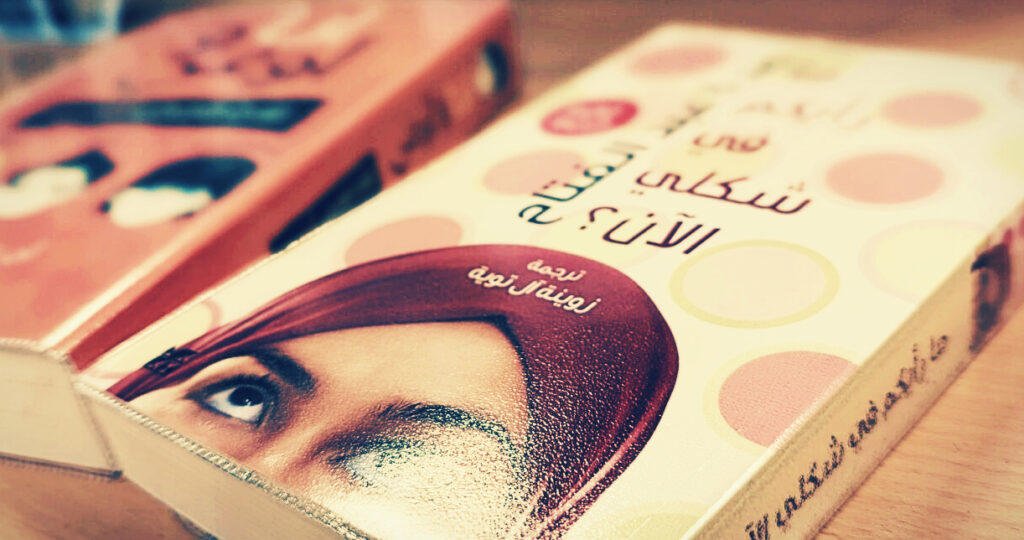
This month, let us engage in conversations that challenge our own assumptions and encourage a deeper understanding of Muslim stories. Through book clubs, discussions, and even creative writing sessions, we can create empathetic spaces where we can learn, reflect, and celebrate the vast diversity within the Muslim community.
Together, as we embrace Empathy Action Month and Islamophobia Awareness Month, let us recognise the power of storytelling and reading. By delving into #MuslimStories, we can take a step towards a more inclusive and compassionate society, where every voice is valued, respected, and understood.
This year’s Read for Empathy collection can be found here; and if you’d like to try a book that spotlights Muslim experiences, you can find some curated lists here, here, and here.
